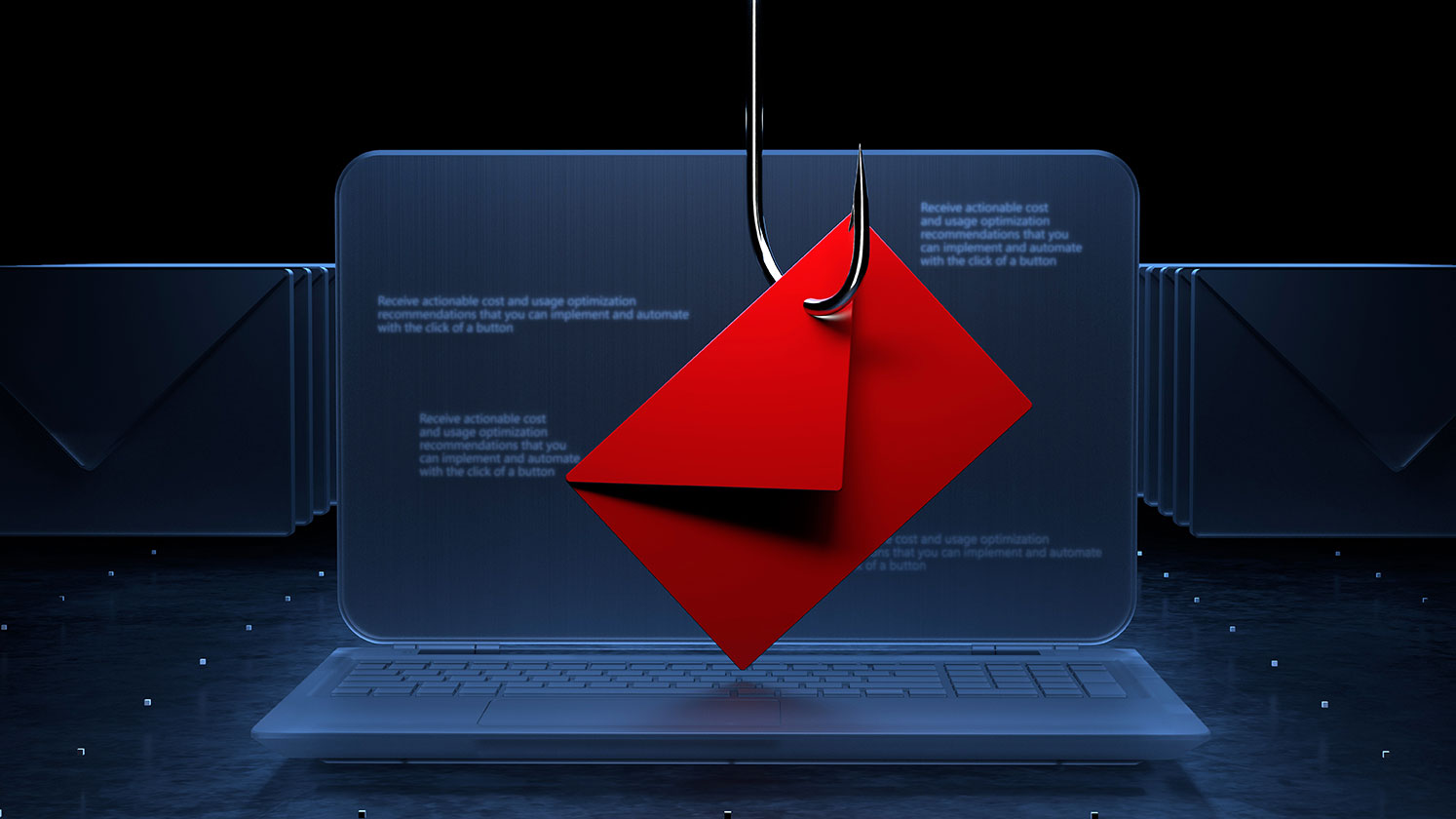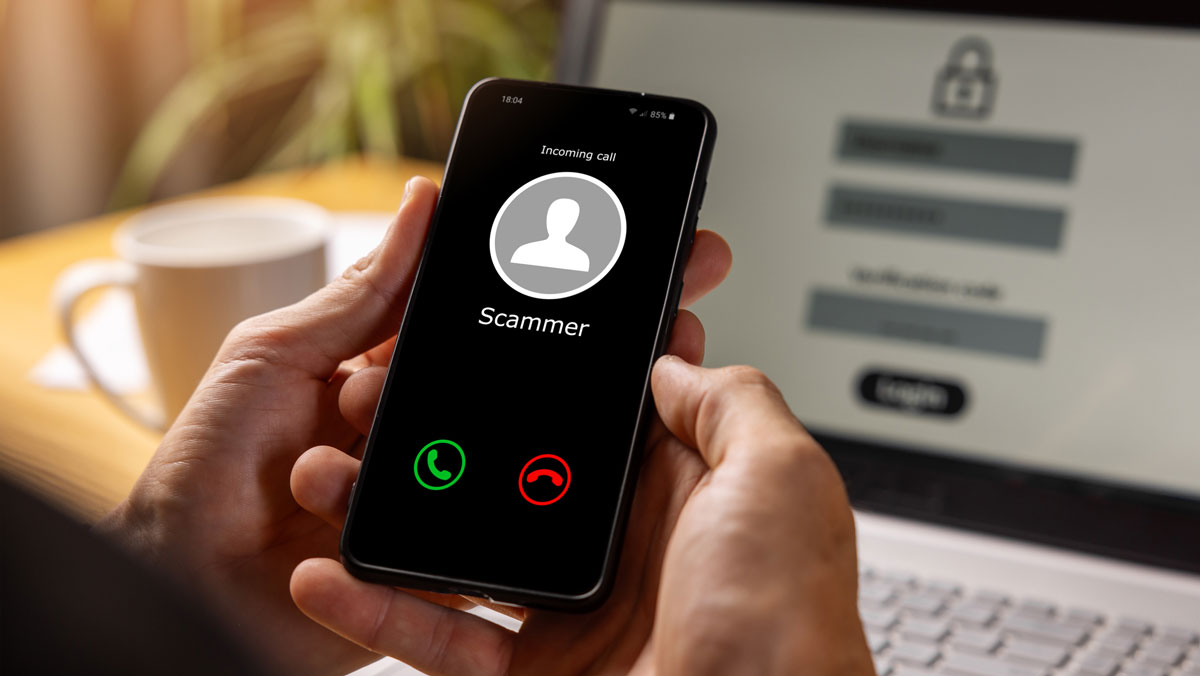
What is phishing?
Phishing (no, that’s not a typo) is a cybercrime where scammers use deceptive messages to steal victims’ personal information. These messages can impersonate well-known companies, government agencies, celebrities or even people the victim knows. The scammer’s goal is to create a sense of urgency, fear, or curiosity, which often tricks people into clicking a malicious link or providing confidential details.
There are several ways phishing scams play out, including fake emails or texts from financial institutions, phone calls posing as tech support, messages pretending to be from a delivery service with links to “track your package” and fraudulent text alerts about unusual activity on your accounts.
Here are the three most common phishing scams.
1. Email Phishing
Email phishing is the most common type of phishing scam. In this ruse, criminals send fraudulent emails that look trustworthy and encourage you to click a link or download an attachment. For example, an email that appears to be from your credit union or bank may instruct you to verify your account by clicking a link and logging in. Unfortunately, the link leads to a fake website where your credentials are stolen.
Red flags:
- Urgent language
- Generic greetings
- Suspicious email addresses
- Spelling and grammar errors
- Unexpected communication and attachments
2. Vishing (voice phishing)
In vishing scams, scammers call victims and pretend to be representatives from legitimate companies, often pressuring the victim into providing sensitive information. For example, a scammer calls claiming to be from your credit union’s fraud department. They’ll tell you your account has been compromised and will ask for your PIN to secure it.
Red flags:
- Unsolicited calls
- Requests for personal info
- High-pressure and scare tactics
- Spoofed numbers (learn more about spoofing scams)
3. Smishing (text phishing)
Smishing refers to when a scammer uses text messages to trick victims into clicking on malicious links or sharing private information. For example, a text claims there’s a problem with your delivery and asks you to click a link to update your shipping details. The link leads to a fraudulent site.
Red flags:
- Unexpected texts
- Links to unfamiliar websites
- Grammatical errors
- Too-good-to-be-true offers
The examples can be intertwined between the phishing types, so make sure to keep your guard up.
How to protect yourself
Here’s how to defend yourself from a phishing attack:
- Think before you click. Don’t click on links or download attachments from unknown sources.
- Verify the source. Contact the company or organization directly using official contact information, not what’s provided by the person who contacted you.
- Enable multi-factor authentication (MFA) whenever available. This adds an extra layer of security to your accounts. You can enable fingerprint or facial recognition in the MSGCU mobile app.
- Inspect URLs. Before choosing to click or not, hover over links to check for inconsistencies.
- Avoid sharing sensitive information. Legitimate organizations won’t ask for passwords or personal details by email, text or phone. MSGCU will NEVER ask for your online banking password or log-in verification code for fraud protection or to verify your identity.
- Use antivirus software. Keep your devices protected and ensure your software is updated. Learn more.
Phishing scams are a constant threat, but staying vigilant can help you avoid falling victim. Whether it’s an email, phone call or text message, always approach unexpected communications with caution. You can outsmart the scammers one fake email, call, or text at a time!
Remember: Contact MSGCU immediately if you think you’ve been a victim of a scam.
Category: Security
« Return to "Blog"





































